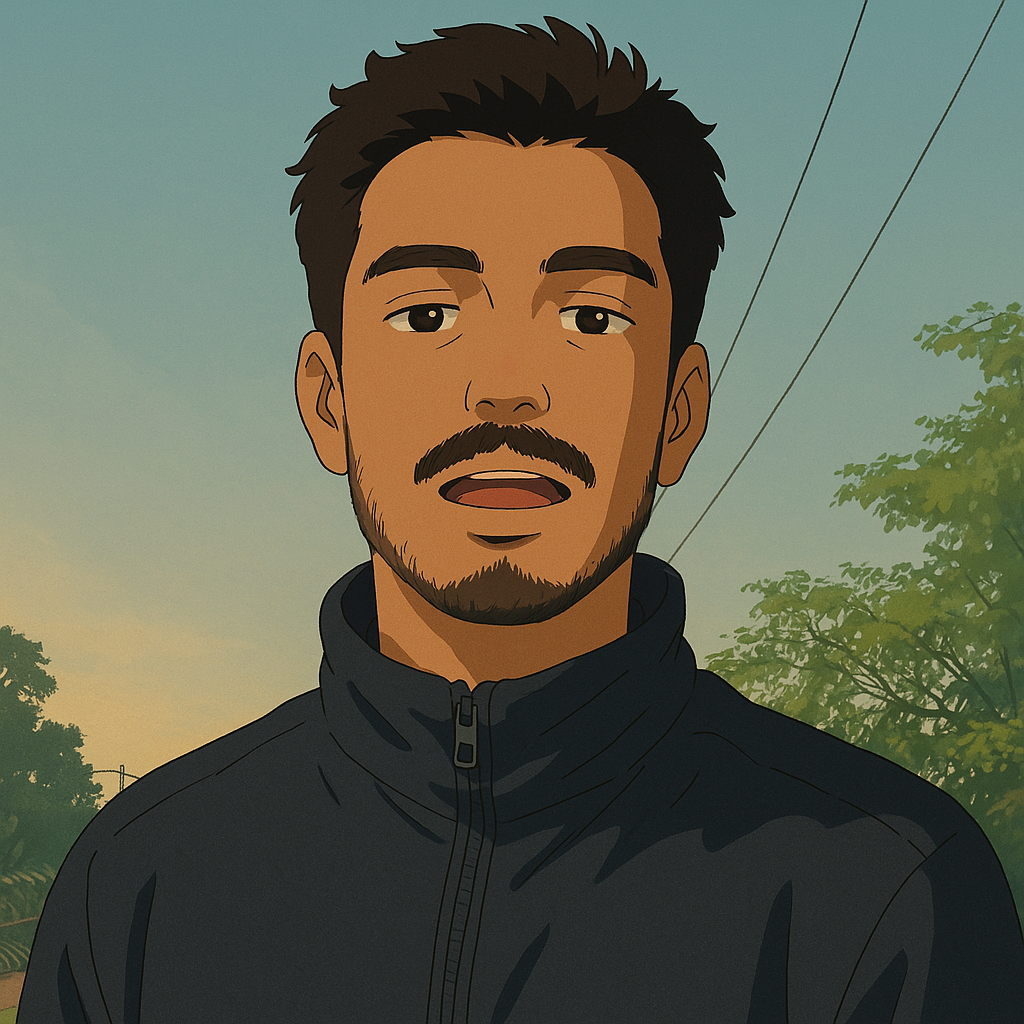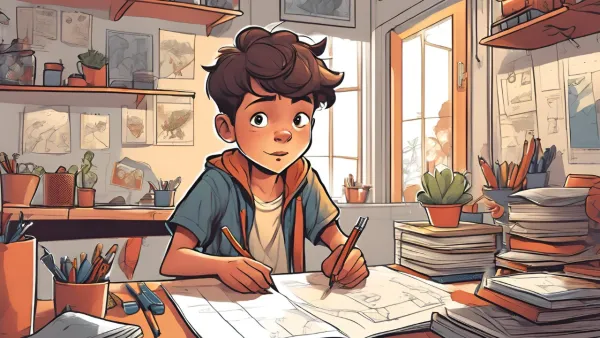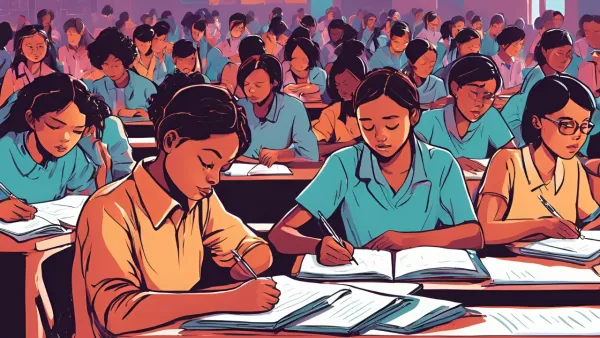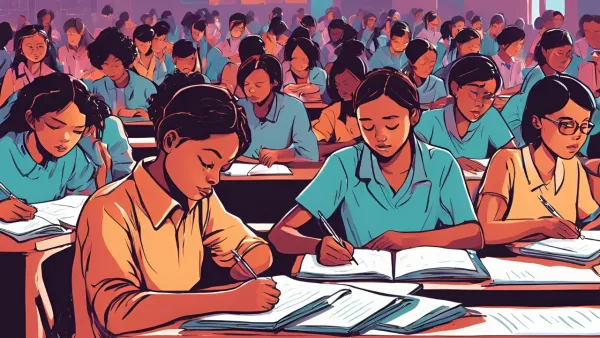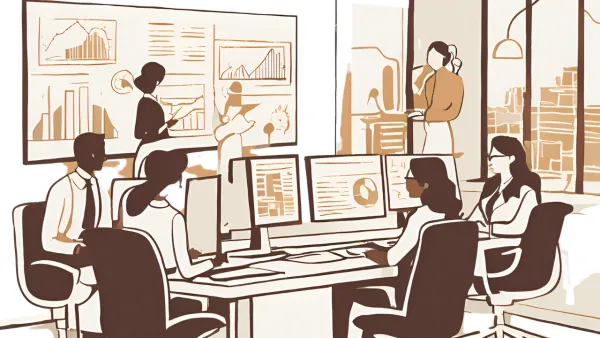Reflecting on My Life: Deep understanding
Here is the 3rd chapter of the story, where I have shared how things used to be when I was young and what tragedies happened in the past.
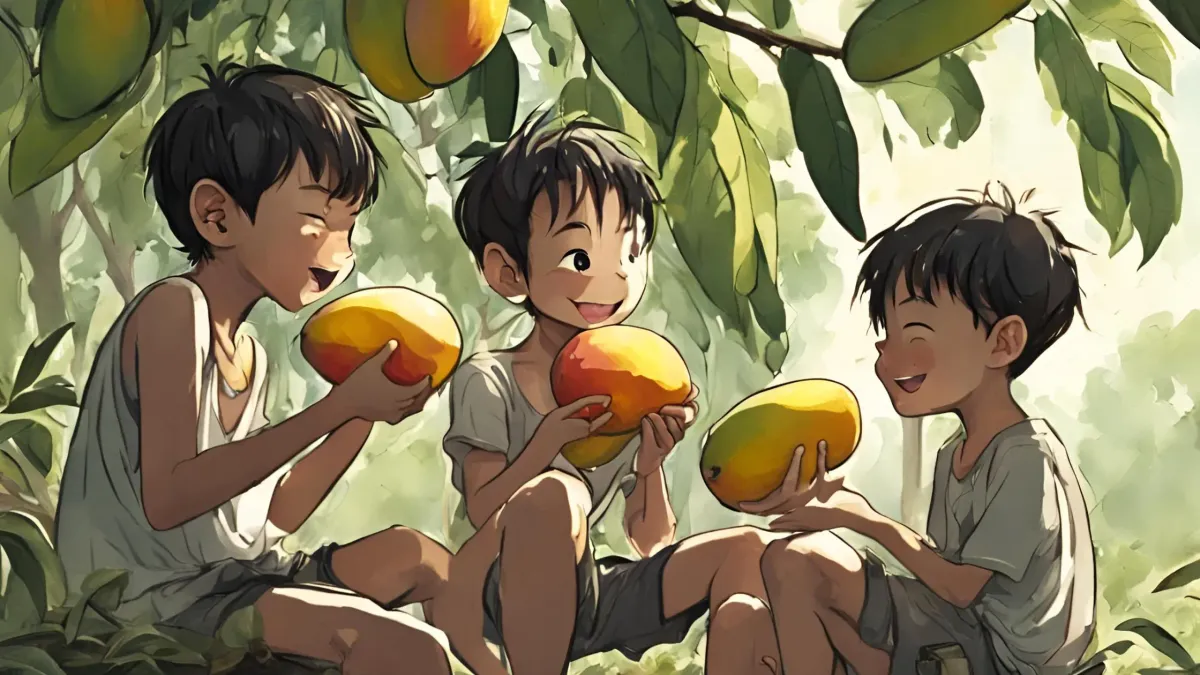
It’s hard to accept but sometimes we all make mistakes (Part 3).
Now that I had gotten admission to a new school, I had new books, and a few days before I actually had to start attending. I enrolled in August, and the school was preparing for August 15th, Independence Day. As many of you may know, on August 15, 1947, India gained independence from British rule, which is why August 15th is celebrated as Independence Day.
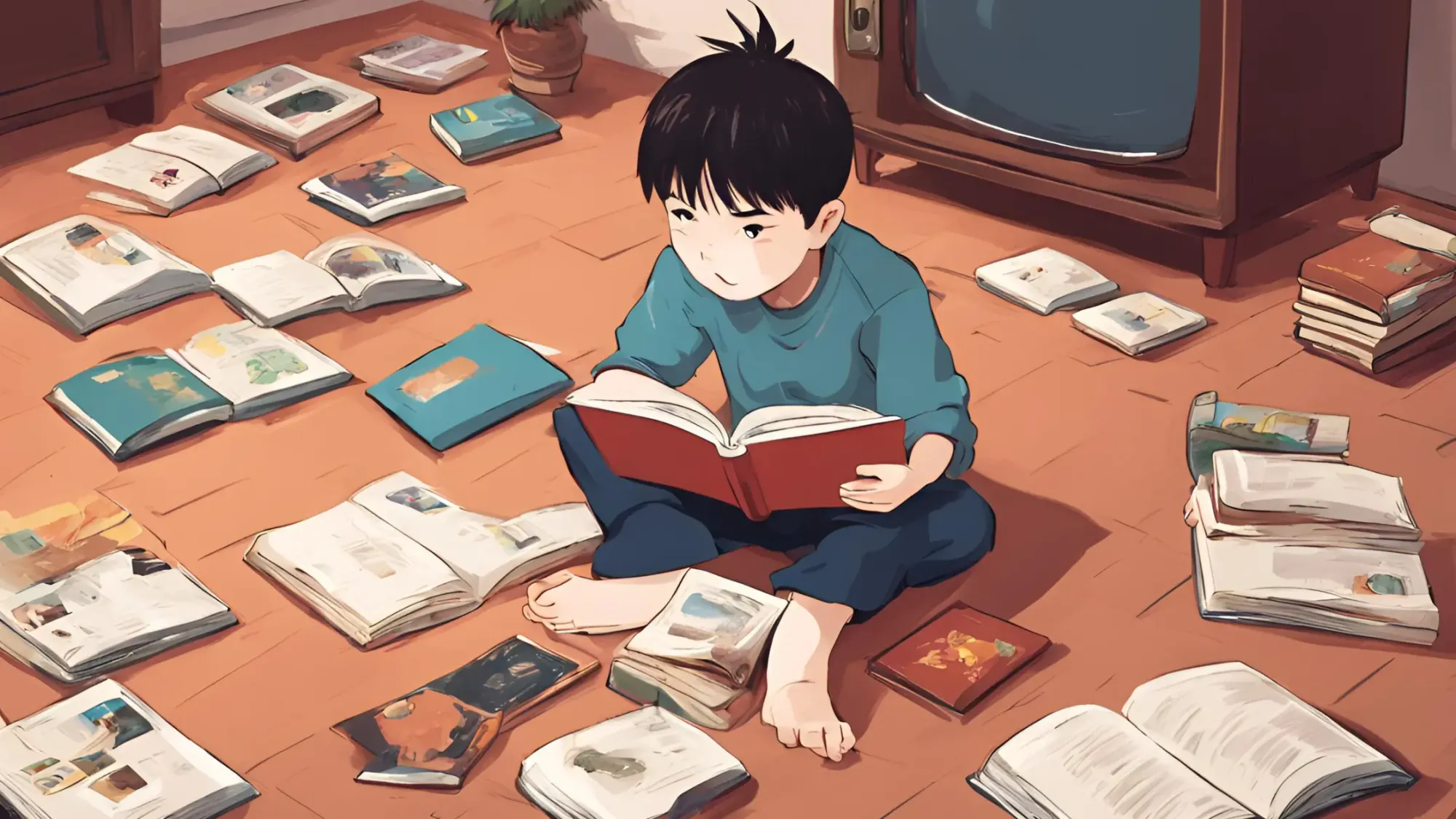
So, I had a lot of days on my hands, maybe a week or more, and the only thing I had to do was go through my books, which were almost all in English, except for the Hindi and Sanskrit books. Most of my time was spent watching TV. I used to watch Cartoon Network, Jetex, Discovery, Animal Planet, and movies. I usually didn’t like Bollywood movies, so I watched Hollywood movies like Harry Potter and Stuart Little, as well as shows like Pokémon, Timon and Pumbaa, Digimon, Dragon Ball Z, and many other popular shows of that time, all in dubbed versions.
This is how I used to spend my time because you can’t go out during the day in Bikaner; it’s very hot there, much like it is today in almost every state in India, with temperatures reaching 46 degrees Celsius all the time. So, you can only go out in the evening. As I had no friends there, I tried to stay at home, roaming in my imagination.
I used to think about the days when I visited my village while I was doing my schooling from my Nani home. I used to go to my village during summer vacations. Back then, we had a mango orchard spread over more than 2 acres of land, with different types of mango trees named after their taste.
The one with a bitter taste we called “khatta aam,” the one with sweet mangoes we called “mitta,” the one with small mangoes we called “tiree,” and the tallest one we called “lamba aam.” Similarly, all were named and we used to call them by names names and I spent my entire day there with village friends and my cousins.
I had a cousin named Vivek, the only son of my father’s brother, and we shared a deep bond. He always carried me on his back and taught me a thing or two, we played cricket and other games together. As my elder cousin, he took care of me, teaching me how to climb trees and swim.
We often competed with each other and were very happy. However, we frequently got beaten by family members because of our bad habit of bathing in the river. Since we were small and could drown, we always got punished after someone found out we had been in the river.
These memories were just moments of that time, but today they feel like deep experiences of life. The love and care I have inside me come from those moments. Every day spent in the orchard felt like a life in heaven. I can never forget those moments, but over time, things happened in such a way that now I don’t want to remember them.
Deep understanding comes from the moments we experience in our lives. In the beginning, we might not understand why people behave the way they do, but later, we realize that certain things happen for specific reasons.
I hardly experienced selfishness until the age of 12. I was never attached to material things in life and was only engaged in fun activities. The people around me were so loving and caring that they never made me feel bad. The only thing I was afraid of was getting beaten by my parents after bathing in the river because we used to bathe for hours, sometimes even an entire day.
From these experiences, I learned to hide things and lie. Vivek, being older than me, was better at lying and hiding. Because of my truthful nature, he always got caught, and we both got beaten. Slowly, I started realizing that when family members caught us, they never listened to us or asked why we went to bathe. They just kept saying, “No, don’t go there.” They were concerned about the snakes, insects, and the heavy flow of the river. But we were not afraid of those things; we were afraid of our parents, who beat us daily for the same mistakes, without ever asking why.
At first, I used to lie about not bathing in the river, but I always got caught because I had a bad habit of laughing after making a mistake. My mom would catch on and say, “Aaj bhi naha ke aaye hain ye dono” (They both went to the river to bathe today). We didn’t always get beaten, but most of the time, we did.
Life was smooth after we learned our lesson for the day. We’d cry for 2–5 minutes, or sometimes we wouldn’t cry at all, just taking it as a daily dose and moving on to our next adventure. We used to eat together in our joint family, which had four kitchens in the same house. Only a few people will understand the irony of a joint family with multiple kitchens, but it was okay because we could eat anywhere and have a lavish dinner with four different courses.
There were four kitchens because my father had three brothers and one sister (My Bua), making four in total. Even though it was a joint family, everyone had their own kitchen and prepared their own food. Originally, there was only one kitchen, but over time, it multiplied to four — progress, I guess. Not only did the kitchens multiply, but my cousins also increased in number. By the year 2003, there were around 8–9 of us, including my younger brother.
Everything was smooth. Life was smooth. There were daily family disputes among family members, which sometimes affected the children because their parents would tell them not to talk to me and my cousins. But kids don’t listen to anyone. They talk and can’t resist their two elder brothers, who are so cool that they always get beaten and still chilled about life.
Today, it seems funny, but back then, it was painful to get beaten every day and keep making the same mistakes. Even though we knew we would be scolded and beaten if someone told our family members, who cared about those thoughts? We just enjoyed the moment. Ha ha ha ha.
The moment the kids of other family members who had the fight talked to us, their parents would beat them. This is when I realized that it wasn’t the kids’ fault if they talked to their brothers or sisters. Just because the parents were fighting, why should it affect the next generation?
Why weren’t we allowed to talk to each other, even though we belonged to the same family?
Sometimes, these parents would beat their kids to such an extent that they would cry or bleed. This was heinous, and when someone tried to stop them, they would come up with the lamest excuse ever: “This is my kid; I will do whatever I want.”
Even though other family members wanted to save the kids, they couldn’t because the parents could do anything to them — this is what I believed.
Sometimes these fights were funny, especially when the women in the family fought. They would curse at animals in place of the person they were angry with (you get the idea). They would use bad words towards the animals, thinking they were saying them to that person. It was funny in a way.
But it was also clear that love, affection, care, hospitality, and everything we expect in a family are only there when no one is selfish. When everyone has a selfish motive, they can’t be together. On the surface, they might show affection, but deep down, they are holding a grudge, trying to get ahead of you, grabbing your property, or not being happy to see you happy.
This grudge was building every day and affecting the kids and newer generations.
That’s when I realized it doesn’t matter what kind of grudge you have against anyone — it must not affect the newer generation. For your own ego satisfaction, you’re destroying your kids mentally and teaching them to hold hatred in their hearts for those they used to play with, even though those individuals have done nothing wrong.
Being a parent is a huge responsibility. It’s not just about having sex with your spouse and then having a child — it’s about being ready to protect and teach your child about life. Don’t teach them to hold grudges; teach them to protect bonds and do good.
I am lucky in that regard. My parents never told me not to talk to anyone or held such grudges. They never fought with anyone unless the other person tried to dominate without any reason. My brother and I were the same — we never fought with anyone.
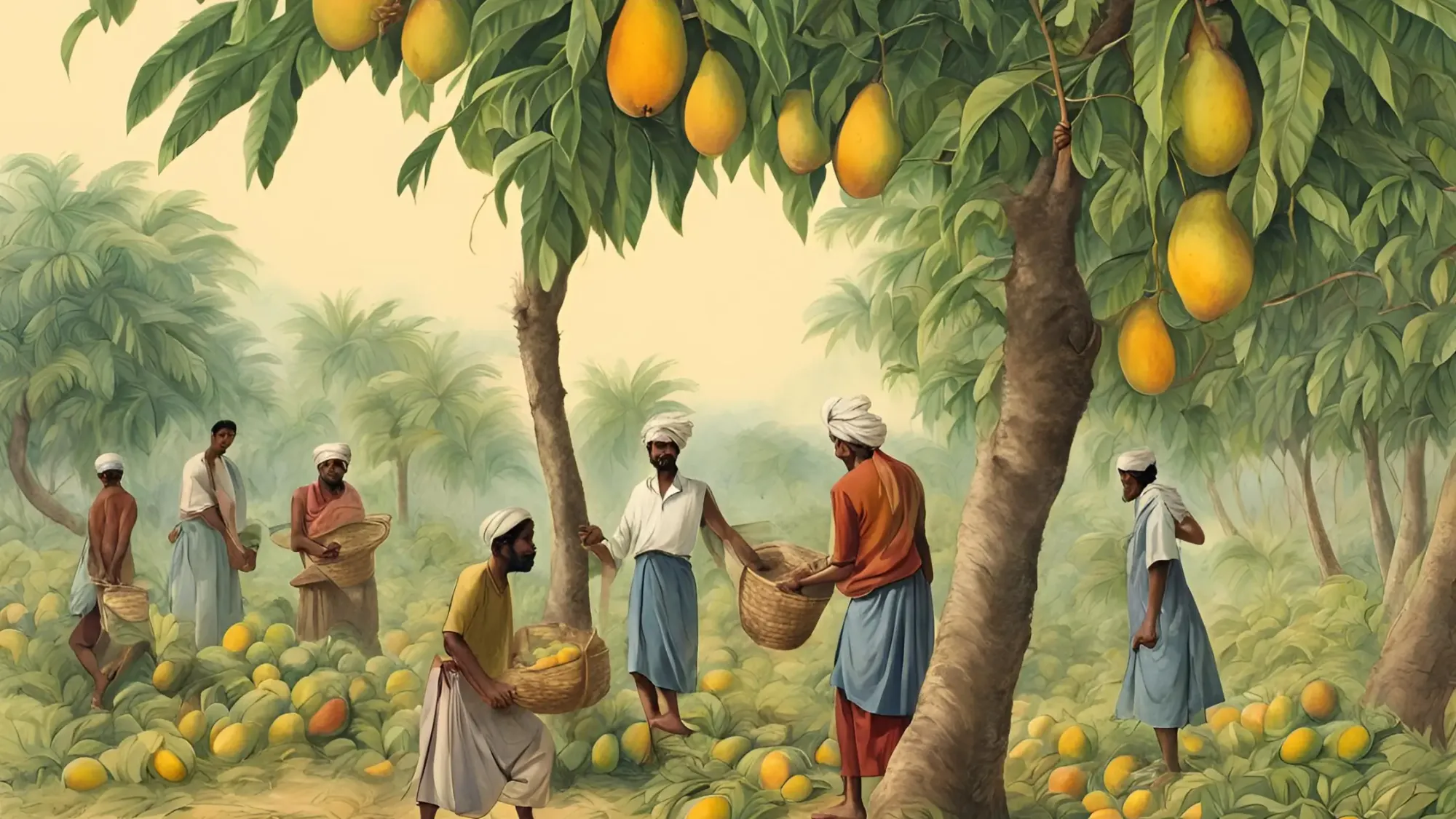
Till now, everything was okay. Families were moving ahead, and mangoes were harvested every July and August. Most of the mangoes were sold, while the rest were converted into different pickles — sweet mango pickles and sour mango pickles.
I used to go back to my Mausi’s and sometimes Nani’s. The main reason for this was education. My village was deprived of basic facilities like electricity, and there were hardly any schools.
These trips were essential for my education and provided a change of environment, but they also highlighted the stark contrast between my village and other places. The lack of facilities in my village made it clear why my parents wanted me to study elsewhere. Despite the challenges, these experiences shaped my understanding of life and the importance of education and resources.
All of these turbulent experiences in life brought me to an important realization: people who fight fiercely, showing a bloodthirsty nature, and then sit together and talk as if nothing happened, cannot be trusted.
Their interactions are driven solely by selfish motives. This understanding led me to make my first significant choice in life: whenever I encounter such people, I will avoid talking to them. If anyone fights with me and tries to make me feel like a bad person even though I’ve done nothing wrong, I will distance myself from them as well.
I know it sounds childish, but that’s what I understood back then. And maybe, even now, I carry the same mindset.
When everything was going smoothly, the next summer brought a devastating turn. My elder cousin, Vivek, went to a nearby town to get fruits for my grandfather. On his way back, he was hit by an accident. At that time, I was in Agra with my parents; it was around 2005. We got a call at midnight from the village with the heartbreaking news that Vivek had died on the spot.
I was 10 years old, my brother was 5, and my father was posted in Srinagar, so we lived with our mother. That night, we called one of my friend Pankaj’s parents. Along with them, my mom went to the village. Given the situation, it wasn’t possible for my mom to return immediately.
The next day, I traveled to the village with my Mausi and other people in a tractor. In India, there’s a tradition that, despite any grudges, people must attend the funeral of a dead person to wish them well in their next life.
No one had anything against Vivek; his death was the first young death in our family. Our family was so large, and our circle of relatives was also very extensive. Everyone was coming to pay their respects because he was the only child of my uncle. It was the most unexpected and tragic event in my life.
I reached the village the next day. Although I was too young to fully understand, everyone was crying, deeply aware of the fact that he was the only son his parents had. This loss was profoundly felt by everyone.
The village was filled with people, most of them genuinely grieving. I, too, was crying, but I only knew that it was an accident and that he was dead. However, the actual story was different.
After a few days, when everyone started to return to their homes, only the close relatives remained. The photos of his accident arrived, and they were shown to me as well.
The story of his accident was that while he was cycling, another boy was with him on a different bicycle. They saw a bus coming, and there was an old lady they tried to save. In doing so, Vivek came in front of the bus. He was thrown to the side and ended up near the back tires. His chest came into contact with the bus, and his entire chest was shredded by the bolts on the bus. People in the bus shouted for the driver to stop, but he was too afraid to do so. That’s how Vivek’s life ended.
His body parts were scattered, and there was nothing left to save by the time the nearby villagers reached him. The photos that were shown to me were of the accident; his face was alright, but the rest of his body was damaged. I burst into tears and anger upon seeing the photos. I was at the peak of my fury, shouting that I wanted to kill the bastard who had done this. “Take me to him, I will kill him myself,” I screamed. My mother and other women were holding my legs and hands as I was bursting into tears and anger. There was only one thought in my mind: kill that bastard (the bus driver). I was furious. It took me an hour or more to calm down while everyone was holding me back.
It made a deep impression on my mind. I was sad and crying alone most of the time. Even today, tears come when I think about that time. Even while writing this, the situation is the same.
One more thing I learned was that a week before his accident, he had bought new clothes, planning to wear them for a special occasion when we would visit him or something else. He never got the chance to do that; those clothes were still with his parents. That’s when I realized everything was pointless. People fight for land, ready to kill each other over small things, but it has no meaning. You will be dead, and no one will remember you. So what’s the point of creating all that chaos?
From that day, I stopped fighting with people. I can hardly recall anyone I’ve fought with over anything. Most of the time, I walk away if someone tries to start a fight with me. I never use abusive words unless the other person considers me weak. I only fight to protect myself if needed. No fights from my side.
One thing I can say is that I can be anything, but I am not selfish because I have never wanted anything from this world, and even today, I don’t desire anything from it. I don’t wish for luxury or material things. What I do wish for is true love and affection, and that’s all.
Here are the other parts:
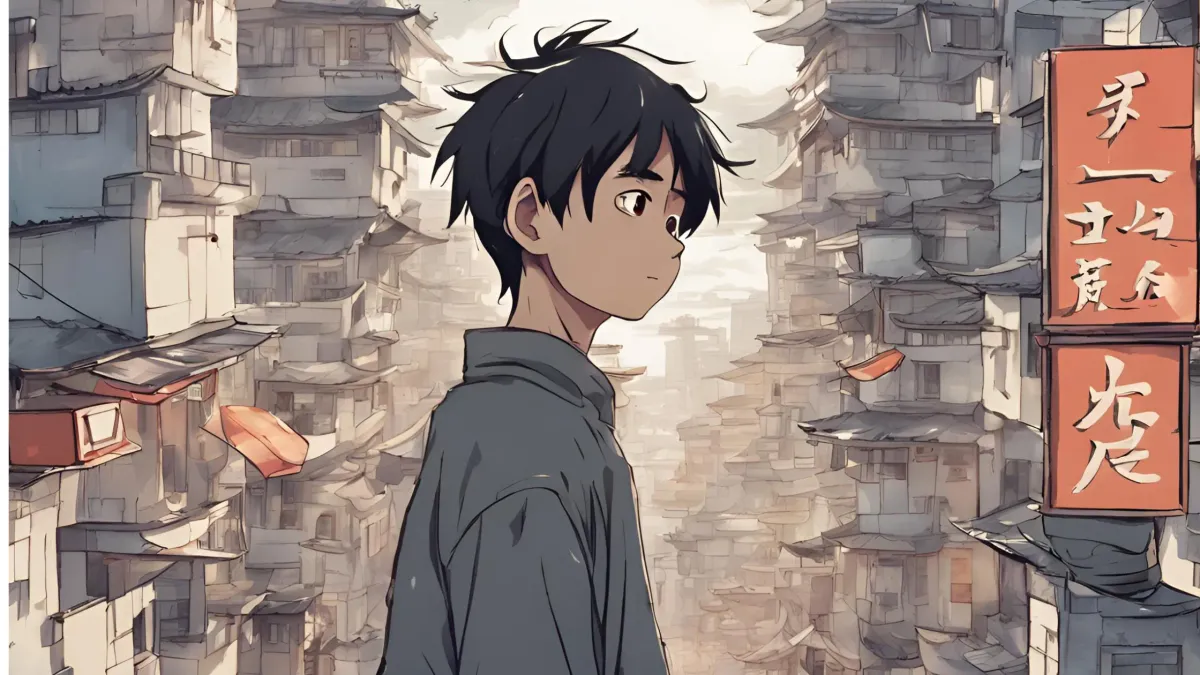
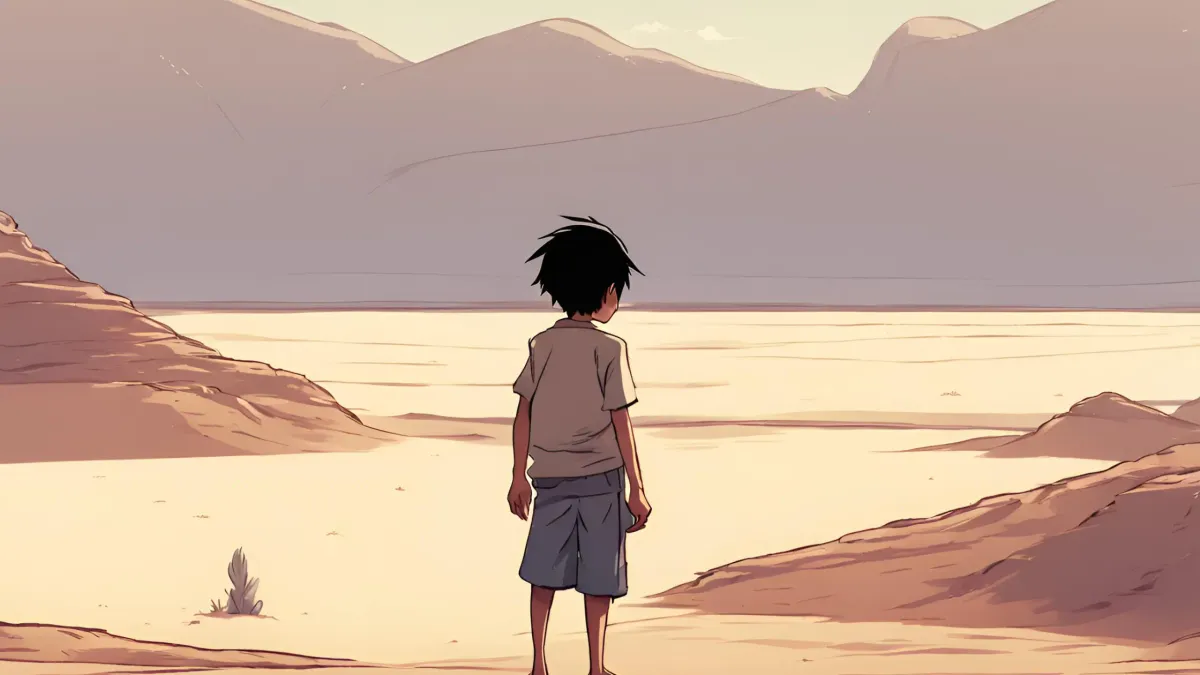
Here you can support my work:
Thanks
